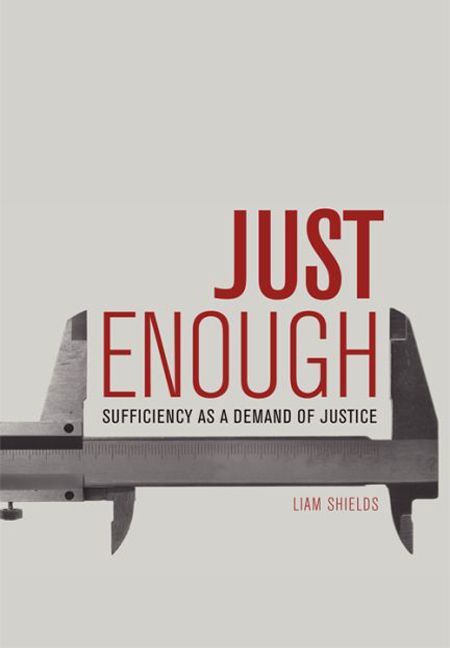2 - What is Sufficientarianism?
Published online by Cambridge University Press: 20 April 2017
Summary
Political decisions typically involve making trade-offs. Since there are limited resources available, there are finite means with which to achieve our aims. Sometimes politicians will have to decide whether to build more hospitals or more schools, enhance the military or increase benefits for pensioners. Often the choices will not be so positive. They may involve reducing the number of nurses or teachers or else cutting benefits to pensioners or forgoing military upgrades. As such, there are always winners and losers as a result of these decisions. Even where the trade-off is not zero sum, where we cannot make some better off without making some worse off, there are opportunity costs, and we have to be able to justify our decisions to those who miss out, even if they are no worse off. To make these trade-offs in the correct way requires giving due weight to the morally relevant factors, which may include individuals’ rights, equality and sufficiency. When combined with accurate empirical data about the likely effects of implementing certain policies, these factors will guide us when considering what to do. While the empirical data will tell us whether a certain policy will enhance equality or sufficiency suitably defined, normative arguments tell us whether we ought to enhance equality or sufficiency. When making such decisions, then, we need some normative principles as our guide, and we need arguments to support them and give us confidence in one set of guiding principles rather than another. The ultimate aim of this book is to establish that sufficientarian principles will be part of the best set of guiding principles.
Before I can offer arguments in favour of sufficiency being part of this guide, we need an account of what a commitment to sufficiency as a demand of justice is. This chapter provides a clarification of sufficiency as a demand of justice, in the abstract, and shows how the objections that have been made to several attempts to defend sufficientarian principles can be avoided. To this end, I will provide a historical survey of sufficientarianism, presenting the two main ways that sufficiency has been understood as a demand of distributive justice. I show that each way of understanding sufficiency as a demand of justice is vulnerable to very powerful objections that have been made in the philosophical literature. I will argue that such objections can be avoided.
- Type
- Chapter
- Information
- Just EnoughSufficiency as a Demand of Justice, pp. 15 - 43Publisher: Edinburgh University PressPrint publication year: 2016



